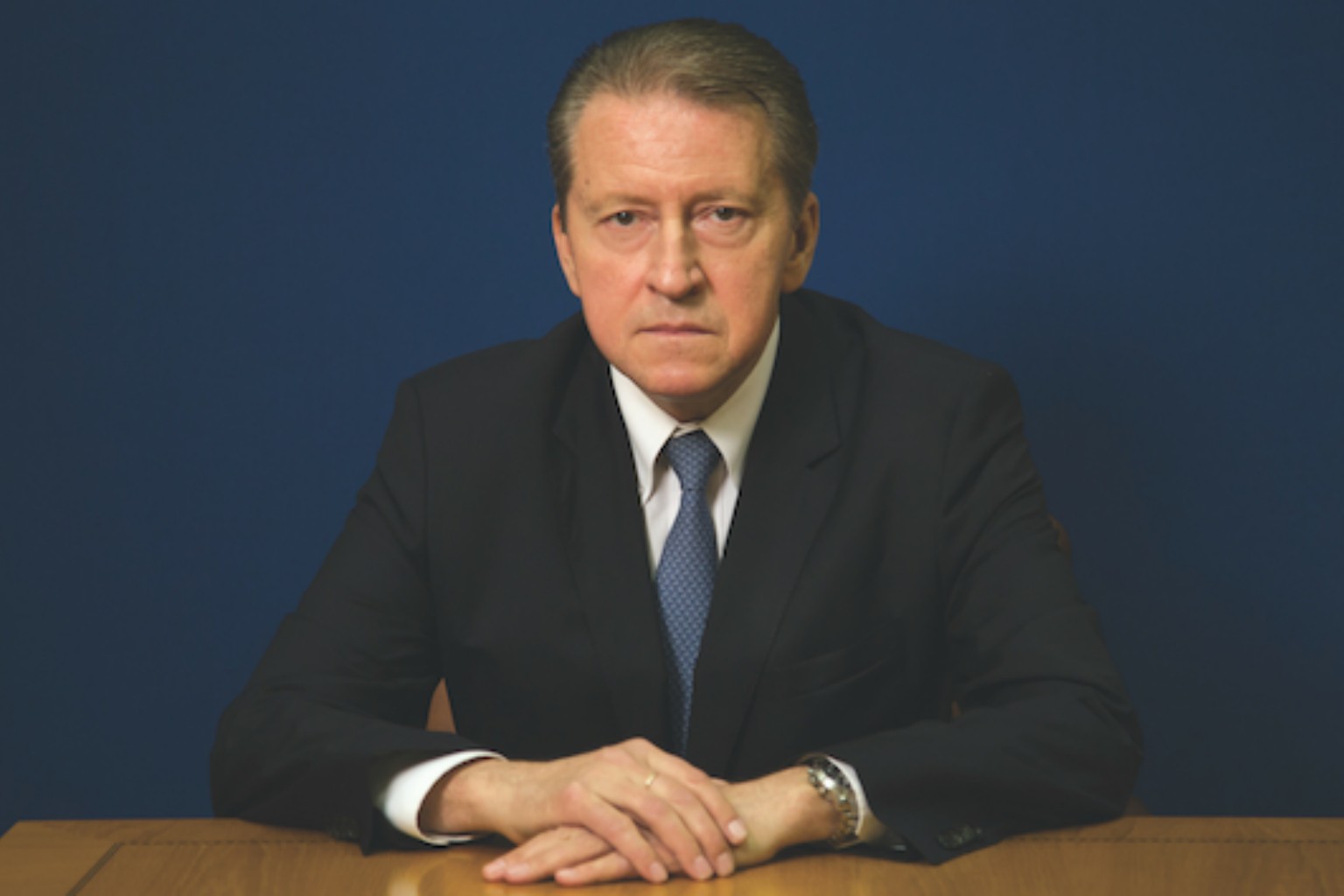Russian envoy to Singapore criticises decision to impose sanctions over Ukraine
Sign up now: Get ST's newsletters delivered to your inbox

Russia's Ambassador-designate to Singapore, Mr Nikolay Kudashev, noted that Singapore is the only South-east Asian nation to impose sanctions against Russia.
PHOTO: EMBASSY OF RUSSIA IN SINGAPORE/FACEBOOK
SINGAPORE - Russia's Ambassador-designate to Singapore, Mr Nikolay Kudashev, has criticised the Republic's decision to join the West in imposing sanctions on Moscow over the invasion of Ukraine.
"We believe this decision to be a mistake, to be a wrong one, which runs counter to the development of bilateral ties, runs counter to strengthening regional cooperation," Mr Kudashev told the South China Morning Post in an interview.
Mr Kudashev noted that Singapore was the only South-east Asian nation to impose sanctions against Russia and suggested that it would have been more prudent to focus on issues concerning the region directly.
"We would prefer to concentrate on the issues of primary importance for the region other than issues or topics which are comparatively far from the agenda of Asia," he said.
The Singapore Government, however, had said that it was imperative for the country to stand up for the principles that underpin the island's own sovereignty and political independence. The city state has imposed export controls on items that can inflict harm in Ukraine and has directed banks not to deal with certain Russian entities.
Mr Kudashev said the addition of Singapore to a list of countries that imposed sanctions on Moscow meant the "political relationship" between the countries would be placed under "special monitoring". He also said economic deals would only be permitted under "very severe supervision" by the government.
In the interview, Mr Kudashev separately dismissed a United Nations General Assembly (UNGA) resolution last week that condemned Russia's invasion. The resolution was backed by 141 countries.
Instead, Mr Kudashev pointed to the abstention of China and India - the world's two most populous countries - from the vote as proof that Russia was not diplomatically isolated.
"If you would take a closer look at the outcomes of the recent voting in the UNGA, you could easily see that it is not an isolation. If you're interested in numbers, more than 50 per cent of the global population voted against (the resolution)," said Mr Kudashev.
The article has been edited for clarity.


